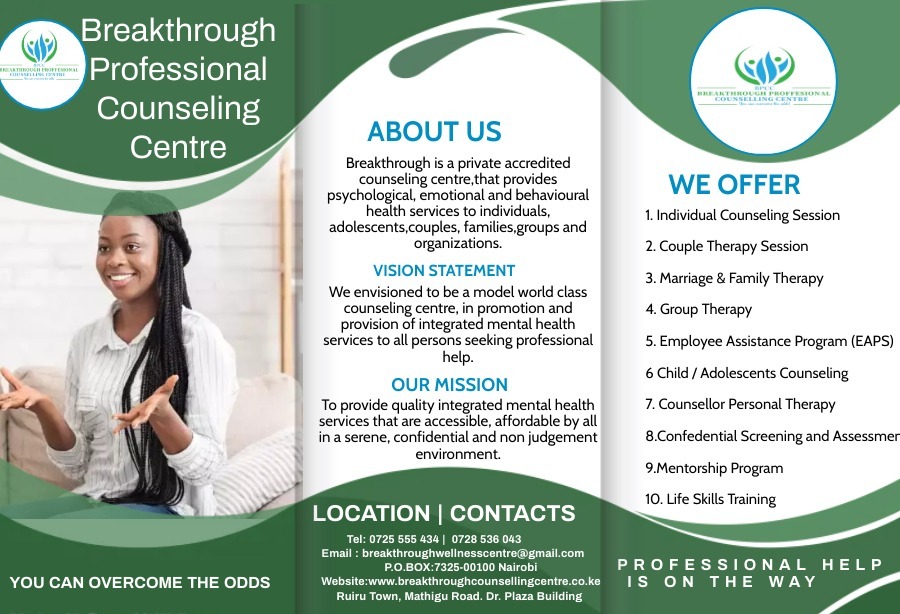What Unhealthy Behaviors Do You Currently Have That You Would Like To Stop?

Do you have any unhealthy behaviors you would like to stop? Do you keep changing goalposts? Are you one to make promises and never keep your word? Do you shack work or neglect responsibilities? How do you address yourself and others? Is it negatively? Do you say one thing when you mean another? Let us explore some of these behaviors.
UNHEALTHY BEHAVIORS YOU NEED TO STOP
SELF-SABOTAGING BEHAVIORS
-
Procrastination

Image: Istock Photos
Procrastination is doing something later when you are supposed to do it right now. The habit of putting off things for some other time is a behavior that keeps you stagnated in one place. Beyond that, when you do stuff later, you will probably have other responsibilities that require your attention, so you will also postpone that.
Due to a backlog of work to be done, you might be overwhelmed by the thought of the work ahead, so you need to do what you must do when you need to.
-
Excuse making
What do you tell yourself when you know you ought to do something? Is it that it is not that urgent? Is it that someone else will do it? When you make an excuse, you deter yourself from reaching your full potential, and such unhealthy behaviors need to stop.
Some excuses you make are because of what others may have told you before, so you feel like the task is difficult or overwhelming, you have low self-esteem, or sheer laziness. Either way, you are ultimately responsible for your choices and their consequences.
-
Shifting blame – Blaming others

Image: Istock Images
Do you blame others when things don’t go how they should? When your boss gives you work, and you decide to delegate it to the intern or someone else, in case things go wrong, do you blame them or own up to your mistake?
-
Victim mentality
When something terrible happens, do you wallow in self-pity, feeling everyone is out to hurt and get you? Maybe there have been recurring heartbreaks and pain caused by different things, but the truth is that victim mentality is a trauma response.
As you know, when you have gone through pain, you start viewing things from a trauma-informed position instead of how they are. That is why counseling is paramount. As you do that, you get to explore and deal with the trauma to come from a healing-led perspective.
We discussed this in detail in our article, “Are you struggling with imposter syndrome and how to counter it?” The feeling that you are a fraud. You think other people will discover that you are not who you claim to be.
The good news is that you are where you need to be now. You are qualified for your calling. If you are not there right now, you are learning thus in a process. It is just an illusion caused by how you think of those who achieve what you have or are yet to achieve. Do not talk yourself out of your hard work and accomplishments.
-
Neglect
It involves failing to do what you are supposed to or doing it as per mediocre/poor standards. You may be a child and decide not to care for your parent, who has done that and invested in you for years.
It is not in my place to compare how you take care of them like your friend, neighbor, or others, but sincerely, do you do your best to care for them financially, mentally, emotionally, physically, or even spiritually?
Or do you neglect your responsibilities? Your self-care, work, rest and recreation, and physical, emotional, mental, psychological, and spiritual well-being while chasing financial well-being. Be sincere with yourself, are you? If you are, this is your cue to do better.
-
Chronic independence

Image: Istock Images
No man is an island; thus, learn how to work with others and ask for help. All beings are to be interdependent and symbiotic. The carbon dioxide you exhale is what plants use for photosynthesis (a little recap on your biology). Just like in the universal ecosystem, it is with us human beings.
You need others to be the best you can be. Others bring what you can’t, making your work easier and the world better.
-
Know it all
There is always something to learn from others. You are not the only one with good ideas and are not always right. Others have something to offer and great ideas to bring to the table. Embrace that and watch how much you grow.
-
Negative self-talk
What do you tell yourself about you? Do you call yourself ugly, unqualified, or useless? If someone told you to describe yourself, what would you tell them? If you were to write a letter to yourself describing who you are and what you have accomplished, what would you write, and would it be growing to you?
-
Comparison with others

Image: Istock Images
As the saying goes, comparison is a thief of joy. When you look at others, instead of focusing on comparing your past with your present, you will feel like you are failing or not doing enough. These are unhealthy behaviors that you need to stop.
What other self-sabotaging behaviors do you have and would like to stop? Let us know in the comments.
SABOTAGING OTHERS
-
Thinking you are better or more important than others.
Do you think you are of more value than others?
-
Partiality based on material things or achievements
Do you treat other people differently based on their so-called net worth, not their worth as human beings? Everyone has an intrinsic value. Treat others with that in mind. How do you talk to those that serve you compared to those you serve?
If you find yourself treating the people you serve with honor and dignity and not doing the same for those who serve you, please stop that unhealthy behavior.
-
Breaking promises and commitments

Image: Istock Images
Are you in the habit of not keeping your promises and your word? When you say you will do, buy, or give something, do you follow through? It is unhealthy to go back on promises that you should keep to.
There is a habit that is quite common but does not reflect as a negative one in many cases: silent treatment. Other forms of manipulation are emotional blackmail, which we detailed in emotional racketeering, misquoting someone to make them look bad and you good, misrepresenting facts, exaggeration, etc.
-
Unclear communication
Being unclear about what you say is unfair to the one receiving the instructions. It leaves things subject to misinterpretation and can mislead the one receiving your message. When leading others, state what you want or don’t clearly so that you leave no room for others to fill in gaps.
It is a disservice to let others assume things. When that happens, you have no right to confront them because you were not upfront with what you wanted. Clear communication shows you care and value what you and the other person are doing.
-
Judgmental conversations

Image: Istock Images
Do you enter a conversation with a predetermined idea of how things are or must be? Do you already know what the other person will say before they do, such that you don’t even give them a chance to speak, and if you do, the discussion has prejudice already?
It is unhealthy and unfair to have preconceived ideas before having conversations and having assumptions that influence your perspective.
-
Demeaning others in the pretense of “it’s a joke”
Have you heard someone say something demeaning or uncalled for, then when you confront them about it, they say, “kwani hujui jokes?” loosely translated to, “You can’t take a joke?” Or are you that person? One who does that to others and says you are joking?
Mean things are mean, and they hurt. Be sensitive when dealing with others. Be caring, compassionate, and loving, and speak things that build and do not bring others down, then call them oversensitive. That is not right.
Other unhealthy behaviors you need to stop are:
- Changing goalposts
- Undercutting people
- Poor attitude
- Favoritism
- Taking undue credit, especially in the professional world.
The list goes on and on. Which one do you think you are struggling with?
A NOTE FROM BREAKTHROUGH

Image: Istock Images
More often than not, you spot all these negative traits when dealing with others, but do you spend time in the mirror and see how many of these traits you have? Do you see how unhealthy you may be also? Does that inspire you to do better, be better, and improve?
You can stop some of these traits immediately and change them, but others take time and require a paradigm shift for you to deal with them. Others are defense mechanisms that you have learned to do for a long time.
Others you picked up years ago and did not know are affecting your relationships now. There must be a number of them that you did not think were negative, but they are. Maybe as you read through, you put a name to a habit you didn’t even know you had.
Being aware is usually the first step towards finding any possible solution. Either way, now you know. Knowing and doing nothing about it is sad. I know as you read this article and keep working on your mental well-being, it challenges you to do better and be better.
Most of these unhealthy behaviors are symptoms, covering multiple underlying problems you can explore with your therapist during therapy sessions. Book a session with us and allow us to walk with you as you discover and stop these unhealthy habits.
You are a work in progress and should not feel like a failure because you have either of these traits. You are not the only one. We all have these traits because we are human beings (including me). The trick is, what are you doing daily to get rid of any if not all?
You can overcome the odds. Professional help is available for you and your loved one.
Writer,
Sheila K. Muli
toolwellnesshub@gmail.com










